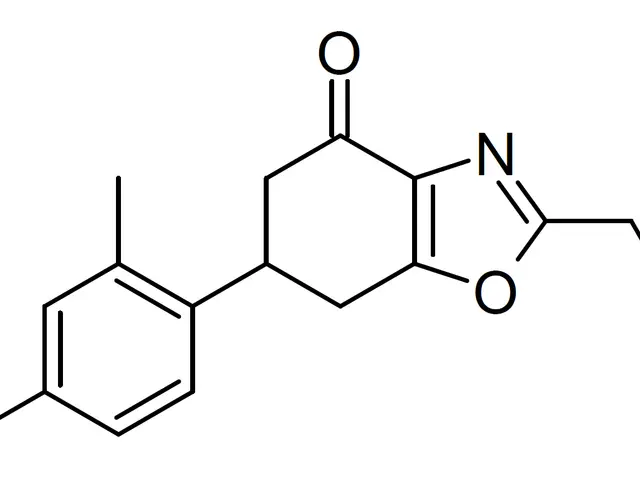Embrace Wellness: Here's the Blueprint for a Healthier You.
At the National Scientific Oncological Center, a special open door event was held to detect various forms of skin cancer, with a particular focus on melanoma, in its early stages. This initiative took place on May 26, coinciding with Melanoma Diagnosis Day.
Anyone wishing to participate was welcome, regardless of a clinic referral, as long as they had a valid ID and any previous examination results. Oncologists examined patients, inspected their skin and subcutaneous tissue, and arranged for dermatoscopy if necessary.
Ultraviolet rays and genetic predisposition are the main causes of melanoma. To prevent this type of skin cancer, doctors recommend undergoing regular dermatoscopies, annual screenings, and self-examining the skin. It is crucial to pay attention to changes in the color of a mole, an increase in size, itching, and redness. If these symptoms are present, prompt medical help should be sought. Early detection enhances the treatment success rate for skin cancer, as over 90% of cases can be effectively managed at these stages.
Last year, the center had no confirmed cases of melanoma, while in the previous year, two patients underwent surgery. According to oncologist Änet BEYBİT, other skin cancer cases also occur.
The National Scientific Oncological Center performed 43 operations on patients with skin cancer in 2024, with up to 400 cases reported annually in Kazakhstan, as per the Ministry of Health. Approximately 22,000 people are currently registered. Melanoma is particularly common in sunny regions and among light-skinned individuals over 50.
Doctors urge people to take their health seriously and not to fear visiting oncologists, as any disease, including melanoma, is 90% treatable in its early stages. By following various prevention and detection strategies, individuals can significantly reduce their risk of melanoma and improve the chances of effective treatment.
Self-examination using the ABCDE rule, regular clinical examinations by healthcare providers, and advanced technologies such as AI and optical imaging techniques are essential for early detection. To prevent melanoma, individuals should limit sun exposure, avoid tanning, consider genetic counseling, maintain a healthy lifestyle, and have regular skin exams by a dermatologist. Be vigilant about any new moles or changes in existing moles and report them to a dermatologist.
By combining these strategies, individuals can significantly reduce their risk of melanoma and improve the chances of early detection and successful treatment.
- At the National Scientific Oncological Center, the focus on early detection of skin cancer, particularly melanoma, extends to preventive measures such as annual screenings and self-examinations, which are crucial in reducing the risk of this health-and-wellness issue.
- In light of the high treatment success rate for skin cancer when detected in its early stages, mental-health professionals emphasize the importance of confronting one's fears and visiting oncologists for regular checks, as timely intervention can drastically improve outcomes.
- In the realm of health-and-wellness, skin care extends beyond aesthetic concerns to encompass mental health, with dermatologists encouraged to sensitize their patients about the importance of self-examining for signs of melanoma and seeking prompt medical-conditions attention when necessary.








